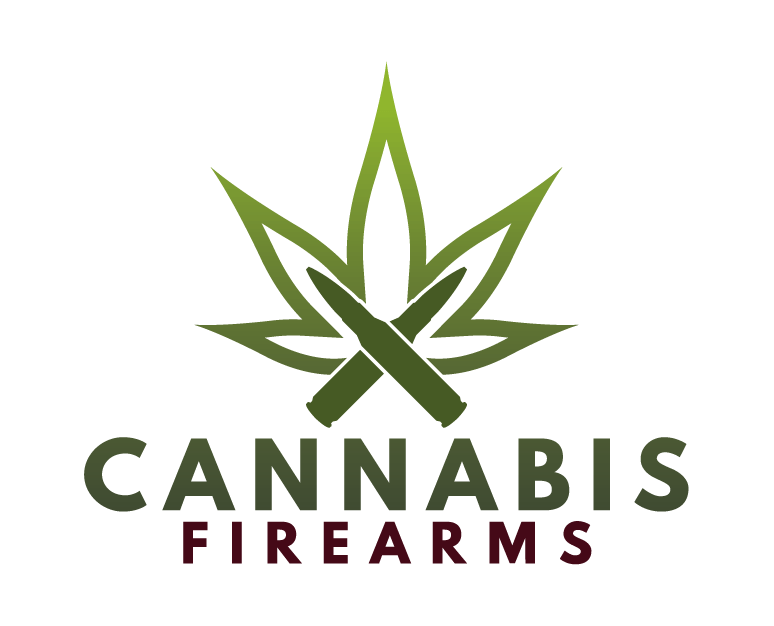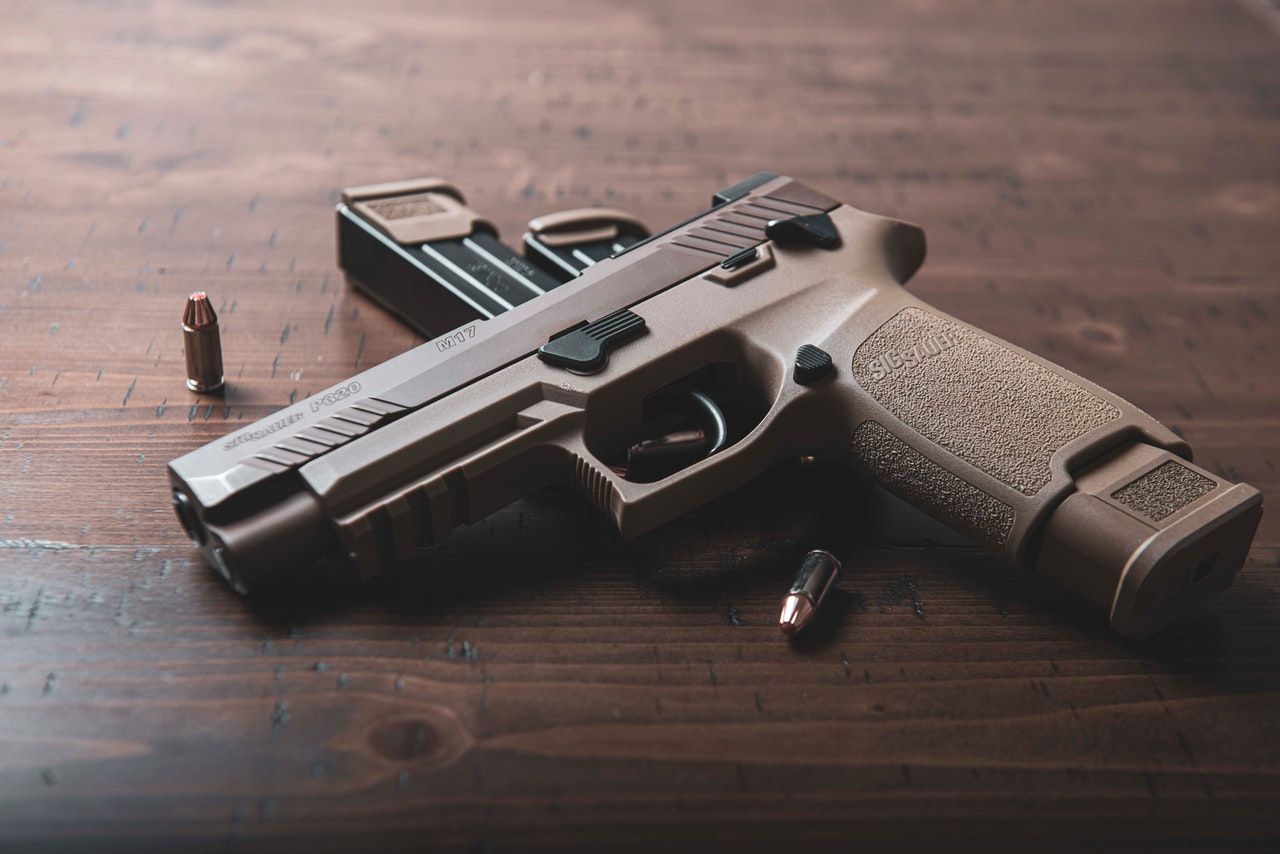Across the United States, a growing number of veterans are exploring cannabis as a potential aid for managing post-traumatic stress disorder (PTSD) symptoms like anxiety, nightmares, and chronic insomnia. Although the movement has gained widespread attention, medical experts and federal agencies remain cautious about its use. The Department of Veterans Affairs (VA) and the Department of Defense (DoD) currently advise against cannabis as a PTSD treatment, citing limited clinical evidence and the potential for negative effects. Still, veterans do not risk losing their VA benefits for using cannabis legally under state laws and are encouraged to speak openly with VA providers about their use.
Certain cannabis-derived products have shown promise in easing symptoms that are difficult to treat with conventional therapies. Nabilone, a synthetic THC analog prescribed in some regions, has demonstrated effectiveness in reducing PTSD-related nightmares in small-scale clinical trials. Broader reviews of cannabinoid research indicate potential short-term relief for sleep and anxiety, but the overall quality of evidence remains low and inconclusive.
Whole-plant cannabis, available in various THC and CBD ratios, has been examined in clinical studies with mixed results. One randomized controlled trial found that neither high-THC nor high-CBD strains significantly outperformed placebo during the blinded stage, though all participants experienced improvement in an open-label phase. These findings suggest that while cannabis may alleviate symptoms for some, its therapeutic effectiveness over time remains uncertain.
CBD-rich formulations—including oils, tinctures, and capsules—are increasingly popular among veterans seeking anxiety and sleep support without intoxication. Preliminary studies and anecdotal reports indicate that cannabidiol (CBD) may help reduce hyperarousal and improve relaxation. However, the U.S. Food and Drug Administration (FDA) has not approved CBD for PTSD, emphasizing the need for consumer caution regarding unverified claims and inconsistent product labeling. Veterans are advised to select products verified through third-party testing for purity and potency.
THC-dominant and balanced THC:CBD products are often preferred by veterans who report rapid symptom relief, particularly for intrusive thoughts and nighttime restlessness. Yet, excessive THC can intensify anxiety, impair focus, and increase dependency risks. Clinicians generally recommend starting with microdoses or using balanced 1:1 THC:CBD formulas under supervision—especially for nighttime use to improve sleep quality.
Beyond plant-based products, synthetic cannabinoids such as dronabinol and nabilone are under investigation for managing trauma-related sleep disturbances and nightmares. These pharmaceutical versions of THC offer controlled dosing and could become viable options pending further research.
From a practical perspective:
- For sleep and nightmares: Low-dose oral THC or balanced capsules under clinical guidance may help.
- For daytime anxiety: CBD-dominant products minimize psychoactive effects while supporting calm and focus.
- For rapid relief: Vaporized cannabis acts quickly but poses inhalation risks, whereas edibles provide longer-lasting effects with slower onset.
While cannabis may provide relief for certain PTSD symptoms, it should serve as a complement—not a replacement—for evidence-based treatments like therapy and medication. Veterans interested in exploring cannabis should coordinate with their VA clinicians, adhere to state laws, and prioritize lab-tested, regulated products. Used responsibly, cannabis may play a supportive role in improving sleep, mood, and overall well-being for those managing the invisible wounds of war.
New to cannabis? Read here for smart shopping tips.

